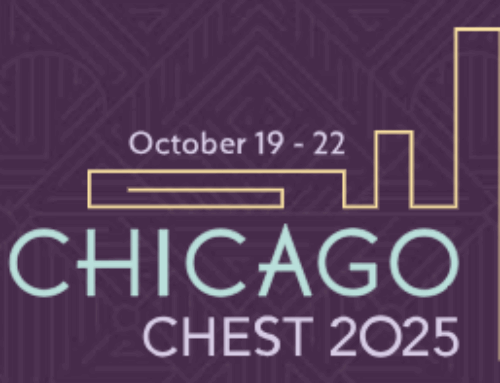The AASM Foundation awarded $400,000 in career development awards to support sleep physician scientists at various stages of their careers. The funded projects will explore the relationship between sleep and type 1 diabetes, investigate the use of wearable light in the treatment of postpartum depression, expand understanding of the impact of circadian rhythms on cognition during early phases of Alzheimer’s, and investigate new methods of neurostimulation in the treatment of obstructive sleep apnea.
Congratulations to the four recipients of the 2019 Career Development Awards (Cycle 2)!
Bridge to Success Award for Early Career Investigators
Stephanie Griggs, PhD, RN
Case Western Reserve University
Sleep, Self-Management, and Glycemia in Emerging Adults with Type 1 Diabetes
Only one in seven emerging adults age 18-25 with type 1 diabetes (T1D) achieve targets for glycemic control (A1C < 7%) and, therefore, are at increased risk for premature macrovascular and microvascular complications. The purpose of this research is to better understand the role of sleep deficiency in glucoregulation over 14 days. This will inform our development of a sleep self-management intervention to extend sleep in this high-risk population of emerging adults with T1D.
Alfonso Alfini, PhD
Johns Hopkins University
Sleep, Circadian Rhythms, and Integrated Multimodal MRI in Older Persons
The goal of this study is to advance understanding of the impact of sleep and circadian rest/activity rhythms (RARs) on brain connectivity and cognition during the early phases of Alzheimer’s disease. To accomplish this, Alfini will use standard and novel actigraphic indices of sleep and circadian RARs, resting-state functional magnetic resonance imaging, and diffusion tensor imaging. The expected research outcomes may help inform therapeutic strategies targeting sleep and RARs to improve cognition.
Bridge to Success Award for Mid-Career/Senior Investigators
Leslie Swanson, PhD
University of Michigan, Ann Arbor
Circadian Mechanisms of Wearable Morning Light Treatment for Postpartum Depression
This study will evaluate circadian mechanisms of wearable bright light therapy for postpartum depression. The hypothesis is that wearable morning bright light therapy will improve postpartum depression through a circadian mechanism in an open trial of 5 weeks of wearable morning bright light therapy in 10 postpartum women with depression who will complete in-home dim light melatonin onset assessments. Findings from the study will strengthen an R01 resubmission and inform future larger-scale research.
ABSM Jr. Faculty Award
David Kent, MD
Vanderbilt University Medical Center
Ansa Cervicalis Neurostimulation in Obstructive Sleep Apnea
Hypoglossal nerve stimulation (HNS) dilates the airway in obstructive sleep apnea (OSA) by pulling soft tissue structures ventrally, but the pharynx can also be stretched caudally by the sternothyroid muscle, which is innervated by the ansa cervicalis (AC). Kent hypothesized that stimulating the AC can improve airway patency better than HNS alone. We are evaluating percutaneous HNS and AC stimulation in OSA patients. If successful, it may lead to new neurostimulation treatments for OSA.






